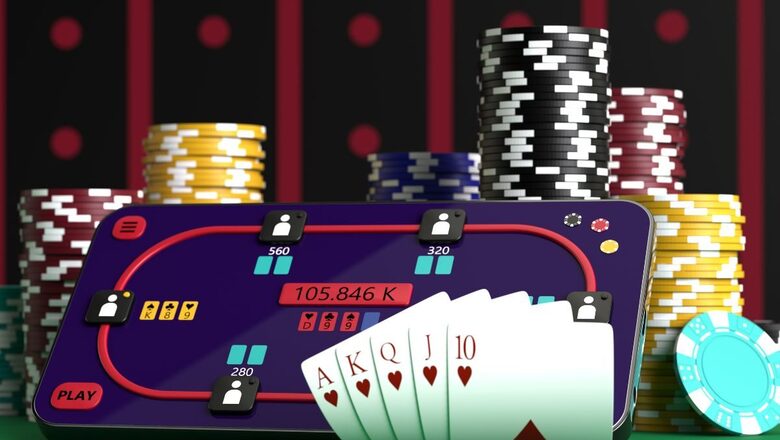
views
The online gaming lobby efforts are in full force to prevent the levy of 28 percent GST tax on them. The GST Council is meeting on August 2 to discuss this issue after pressure from the online lobby to reverse the taxation.
Earlier, India’s Revenue Secretary, Sanjay Malhotra, had explained that irrespective of the variety of the game, they will be taxed at 28 percent and that members of the GST council were also concerned about the addictive nature of this game. The GST Council that meets this week should not reverse its decision to tax these games at 28 percent at the transaction level.
I have described in detail the scientific research done on the addictive nature of these games which makes them far more dangerous than illegal drugs like cocaine. These games are taking away the most crucial years of the next generation and leaving them not just poorer in their pocket but with various mental disorders. The connection between the addition of online games and rising mental disorder, anxiety, and nervous breakdowns is also well-researched by the scientific community.
The artificial difference created by the online gaming lobby between games of skills and games of chance would have been funny if it was in a comedy movie. But the lobbying is so well coordinated or so heavy that they have managed to convince a High Court judge that there is a difference between the two. When the reality is that every online game, whether it is pretending to make cricket teams or offering rummy games, has a purse made up of money collected from the players. The winner gets a portion of the purse and this is what the GST council is taxing at 28 percent in a bid to reduce the total purse size.
The real reason the online gaming lobby is against the taxation of the collection is because if it is taxed, it will be audited and if it is audited, it will be known how much does it collects in each purse. Currently, the players know that their fees are pooled but they don’t know whether the purse reported by the platform is real or notional. There is no audit of the collection by a third party that monitors the collection in the purse. Nor is it audited by any third party that has the platform paid the full amount of the purse or not.
Moreover, as there is no monitoring of the payout, the platform has total control of the winnings. Theoretically speaking, an online gaming company can announce the name of a fictitious player as a winner and pocket the whole purse. It can also play all kinds of hooky games by giving the purse to its employees, promoters, or even a foreign entity without the taxpayers knowing anything about it. Now if the players’ fees are taxed at the entry level, the total collection in each game would be known and will have to be reported separately in the books of accounts. If the auditors are sincere then they will at least ensure that each purse is paid out and does not go into the pockets of the promoters or his friends and family. The online gaming industry is full of bad players who have found various means to avoid taxation. Not only that, without a tax trail, it is very easy for these platforms to be used for money laundering and other illicit activities.
Online gaming lobbying has also created a rift between two different departments of the government. The difference between the approach taken by the Revenue Department and the Ministry of Electronics & Information Technology (MeitY) is interesting. The revenue department has plugged the loophole of differences in the game and levied a GST of 28 percent on all transactions taking place in online games. While MeitY is still pushing for the artificial differentiation between games of skills and games of chance. Moreover, it is still repeating that the revenues will flow overseas as people would not stop playing these games with local players but shift to foreign platforms. If the taxation is deducted at source by the bank or payment wallet, then at least the government will not lose revenues.
If online gaming was a genuine industry that was adding to employment and future economic growth, it would have made sense for MeitY to ask for lower taxation. Its stance on the online gaming industry is baffling.
The government collected around Rs 1,700 crore as tax from online gaming. The expectation of the revenue secretary is that this figure will go up 10 times after the imposition of the 28 percent GST limit. Malhotra also said that if the demand remains the same after taxation, that means the government will gain in revenues as the games are set to be addictive in nature. But if the demand is elastic and it goes down, then a social purpose will be served with people spending that time on more productive activities.
K Yatish Rajawat is a public policy researcher and works at the Gurgaon-based think and do tank Centre for Innovation in Public Policy (CIPP). Views expressed in the above piece are personal and solely that of the author. They do not necessarily reflect News18’s views.


















Comments
0 comment